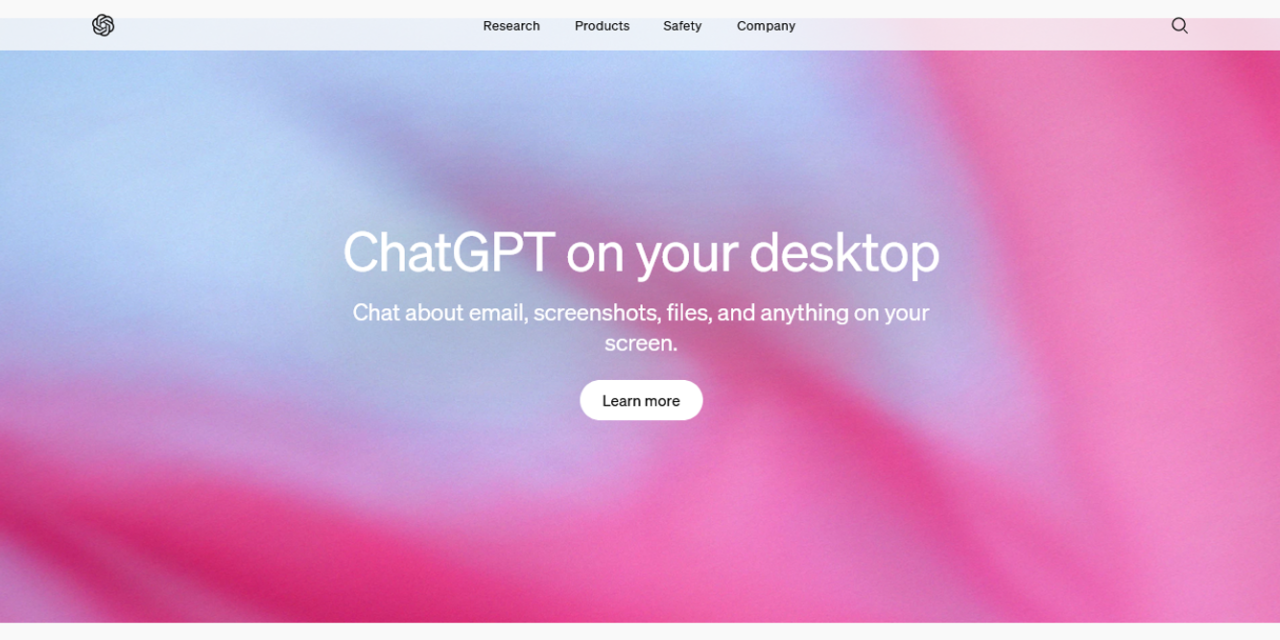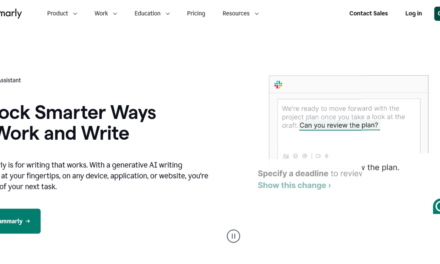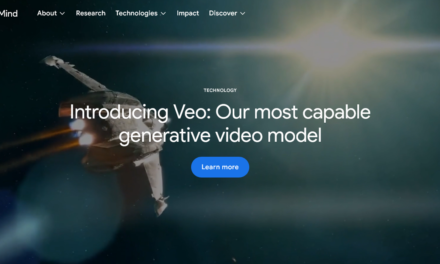OpenAI offers a variety of remote AI positions that cater to different skills and experience levels. Here’s a look at some of the primary roles:
a) Research Engineer
Research Engineers at OpenAI work on cutting-edge AI research projects. They collaborate closely with research scientists to develop and optimize AI models, focusing on deep learning, reinforcement learning, and unsupervised learning.
- Skills Needed: Python, TensorFlow or PyTorch, machine learning algorithms, data manipulation, and deep learning frameworks.
- Key Responsibilities: Building and improving AI models, conducting experiments, contributing to research papers, and developing new AI tools and techniques.
b) Research Scientist
Research Scientists at OpenAI focus on advancing the field of AI by conducting long-term research projects. They explore new methodologies and push the boundaries of AI, working on various projects related to natural language processing, computer vision, and more.
- Skills Needed: PhD or equivalent experience in AI/ML, deep learning, research methodologies, and scientific writing.
- Key Responsibilities: Conducting innovative research, publishing findings in top AI conferences, collaborating with other researchers, and leading AI projects.
c) Machine Learning Infrastructure Engineer
Machine Learning Infrastructure Engineers are responsible for developing and maintaining the tools and platforms that enable large-scale machine learning at OpenAI. They focus on optimizing the efficiency, scalability, and reliability of AI systems.
- Skills Needed: Python, C++, Kubernetes, Docker, cloud computing, and experience with large-scale machine learning infrastructure.
- Key Responsibilities: Building and maintaining AI infrastructure, optimizing AI workflows, collaborating with research teams to ensure smooth deployment, and enhancing scalability.
d) AI Ethics and Policy Researcher
AI Ethics and Policy Researchers explore the ethical, social, and policy implications of AI technologies. They work on projects related to AI safety, fairness, and governance to ensure that OpenAI’s work aligns with its mission to benefit humanity.
- Skills Needed: Background in ethics, policy, or related fields, knowledge of AI/ML, research skills, and strong writing abilities.
- Key Responsibilities: Conducting research on AI ethics and policy, developing frameworks for ethical AI use, collaborating with cross-functional teams, and contributing to policy discussions.
e) AI Product Manager
AI Product Managers at OpenAI bridge the gap between AI technology and real-world applications. They work closely with research and engineering teams to guide the development of AI products and ensure they align with user needs and company goals.
- Skills Needed: Product management experience, understanding of AI/ML concepts, data analysis, and communication skills.
- Key Responsibilities: Defining product vision and strategy, managing the product lifecycle, and working with engineers and researchers to develop and launch new AI tools and products.
3. OpenAI’s Remote Work Culture: What to Expect
OpenAI prides itself on its open, inclusive, and innovative culture, fostering a remote-first environment where employees can thrive. Here are some key aspects of OpenAI’s remote work culture:
- Innovation-Driven: OpenAI encourages employees to think outside the box, innovate, and contribute to the development of groundbreaking AI technologies.
- Flexible Work Environment: Employees enjoy flexible work hours, allowing them to balance work and personal life effectively. OpenAI also provides the tools and resources needed to work efficiently from anywhere.
- Collaboration and Communication: OpenAI uses tools like Slack, Zoom, and GitHub to maintain effective communication and collaboration among team members. Regular virtual meetings and discussions help keep everyone aligned and engaged.
- Learning and Development: OpenAI offers numerous opportunities for professional growth, including access to conferences, workshops, and courses, and encourages employees to pursue continuous learning.
4. Compensation and Benefits: What’s in It for You?
OpenAI offers competitive compensation and a comprehensive benefits package for its remote AI positions, which includes:
- Salary: Depending on the role and experience level, remote AI positions at OpenAI typically range from $150,000 to $300,000 per year, with additional performance bonuses and equity options.
- Health and Wellness: OpenAI provides comprehensive health insurance, including medical, dental, and vision coverage, along with wellness programs and mental health support.
- Retirement and Financial Benefits: The company offers a 401(k) plan with generous matching contributions, financial planning services, and employee stock options.
- Learning and Development: OpenAI supports professional growth by covering the costs of courses, conferences, and certifications relevant to AI and machine learning.
- Remote Work Support: OpenAI provides a stipend for home office equipment, internet expenses, and other tools needed for remote work.
- Generous Paid Time Off: Employees enjoy ample paid time off, holidays, and personal days, along with parental leave and sabbatical options.
5. Pros and Cons of Remote AI Work at OpenAI
Pros:
- Cutting-Edge Research: Work on some of the most advanced AI projects in the world, contributing to state-of-the-art research and innovation.
- Flexibility: A remote-first policy allows for a flexible work schedule and location, making it ideal for those who value work-life balance.
- Collaborative Environment: OpenAI fosters a culture of collaboration and knowledge sharing, providing a supportive environment for growth and learning.
- Diverse Opportunities: OpenAI offers a variety of roles and projects, allowing employees to explore different areas of AI and expand their skill set.
Cons:
- High Expectations: The fast-paced and high-performance environment may not suit everyone, especially those who prefer a less intensive workload.
- Remote Communication Challenges: Working remotely can sometimes make it harder to build strong interpersonal connections, and time zone differences can complicate collaboration.
6. Employee Reviews: What Are Remote AI Workers Saying?
To provide a well-rounded view, here are some insights from current and former OpenAI employees who have worked remotely in AI roles:
- Positive Feedback: Many employees highlight the stimulating and challenging work environment, the opportunity to work with some of the brightest minds in AI, and the company’s commitment to ethical AI development.
- Constructive Criticism: Some employees mention that the workload can be intense, with tight deadlines and high expectations. Others note that the remote work environment can sometimes feel isolating, despite efforts to foster communication and collaboration.
7. How to Apply for Remote AI Positions at OpenAI
If OpenAI sounds like the right fit for you, here’s how to apply for their remote AI positions:
- Visit OpenAI’s Careers Page: Head to OpenAI’s Careers Page to browse current job openings.
- Prepare Your Application: Ensure your resume, cover letter, and portfolio are tailored to the specific role you’re applying for.
- Submit Your Application: Complete the online application form and attach the required documents.
- Prepare for Interviews: OpenAI typically conducts several rounds of interviews, including technical assessments and cultural fit discussions. Be ready to showcase your experience, skills, and passion for AI.
8. Conclusion: Is OpenAI the Right Remote AI Workplace for You?
OpenAI offers a unique opportunity for those looking to work remotely in the AI field, particularly for individuals passionate about advancing AI research and development in a way that benefits all of humanity. With its flexible remote work policy, cutting-edge projects, and commitment to ethical AI, OpenAI provides an environment where innovation and collaboration thrive. However, it’s crucial to consider the demands of the fast-paced work environment and the challenges of remote communication. If you’re excited about contributing to some of the most significant advancements in AI and are ready to embrace a dynamic and challenging work environment, OpenAI might be the perfect fit for you.






0 Comments